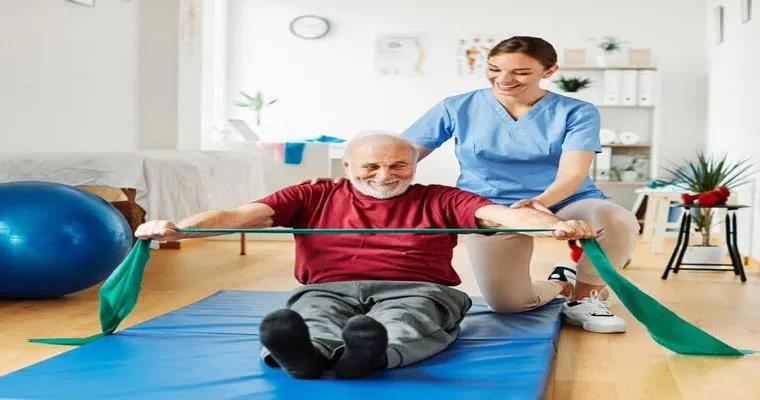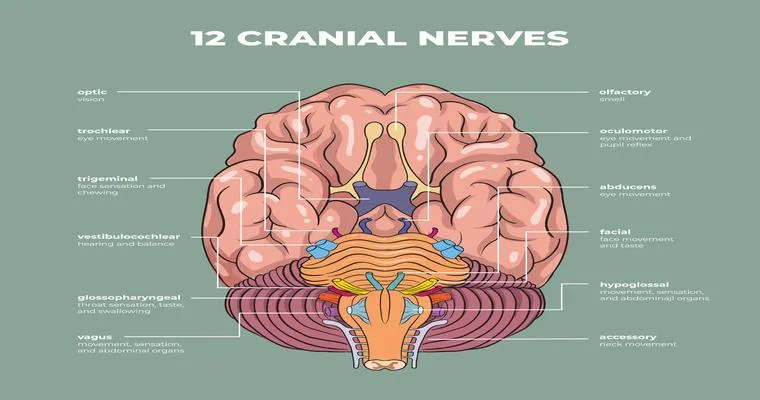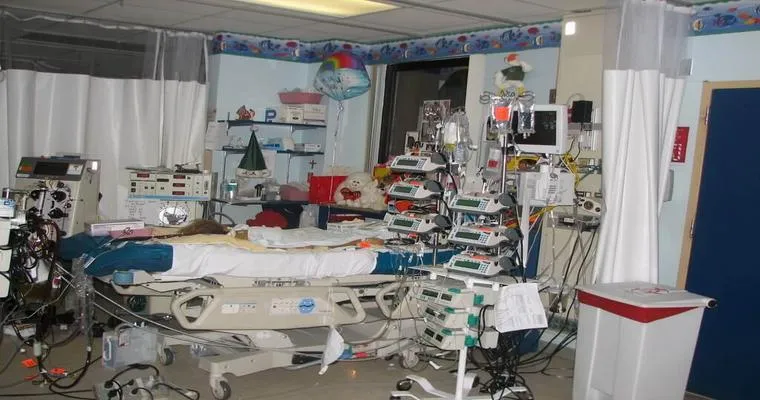As our loved ones age, ensuring they receive "healthful post-hospital care for seniors" becomes increasingly important. After a hospital stay, seniors often require specialized support to aid their recovery and enhance their overall quality of life. This article explores essential strategies for effective post-hospital care, emphasizing the significance of personalized attention and a supportive environment.
The transition from hospital to home can be challenging for seniors. It is vital to create a "care plan" that addresses their unique needs, including medication management, physical therapy, and emotional support. A well-structured post-hospital care plan can significantly reduce the risk of "hospital readmissions" and promote a smoother recovery process.
One of the first steps in providing effective post-hospital care is conducting a thorough assessment of the senior’s health status. This includes understanding their medical history, current medications, and any specific limitations they may have. Engaging healthcare professionals, such as doctors and nurses, is crucial in developing a comprehensive care plan tailored to the individual's needs.
Medication management is another critical component of post-hospital care for seniors. Many elderly patients leave the hospital with multiple prescriptions, which can be overwhelming. It is essential to establish a clear medication schedule and ensure that the senior understands the purpose and dosage of each medication. Utilizing tools like pill organizers or medication management apps can help seniors adhere to their prescribed regimens and avoid complications.
Physical rehabilitation plays a significant role in the recovery process. Many seniors may experience a decline in strength and mobility after a hospital stay. Incorporating "physical therapy" into their post-hospital care can help them regain their independence and improve their overall health. A licensed physical therapist can design a personalized exercise program that considers the senior's abilities and limitations, promoting gradual progress.
In addition to physical health, emotional well-being is equally important. Hospitalization can be a stressful experience, leading to feelings of anxiety or depression. Providing a supportive environment, encouraging social interaction, and involving caregivers can help mitigate these feelings. Activities such as engaging in hobbies, spending time with family and friends, or participating in community events can significantly improve a senior's mental health.
Nutrition also plays a vital role in recovery. A balanced diet rich in essential nutrients can aid healing and enhance overall health. Caregivers should focus on preparing meals that meet the dietary needs of the senior, taking into account any restrictions or preferences. Consulting with a registered dietitian can provide valuable insights into creating a nutritious meal plan that supports their recovery.
Lastly, regular follow-up appointments with healthcare providers are essential to monitor the senior's progress and make adjustments to the care plan as necessary. These visits provide an opportunity to address any concerns and ensure that the senior is on track for a successful recovery.
In conclusion, providing "healthful post-hospital care for seniors" requires a multifaceted approach that prioritizes their physical, emotional, and nutritional needs. By creating a personalized care plan, managing medications, incorporating physical rehabilitation, and offering emotional support, caregivers can make a significant difference in the lives of elderly individuals during their recovery. With the right resources and support, seniors can transition smoothly from hospital to home, ultimately enhancing their quality of life.





